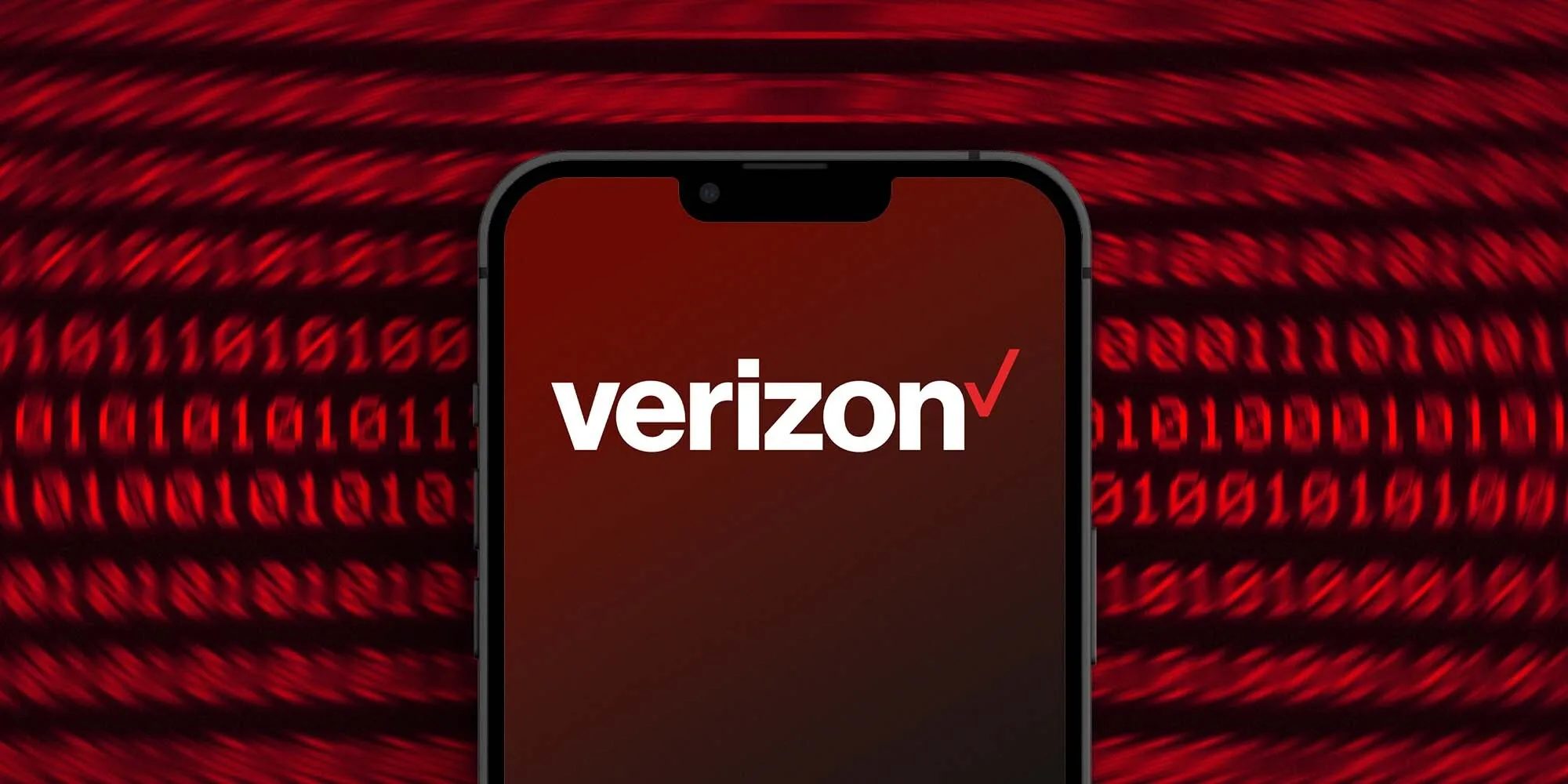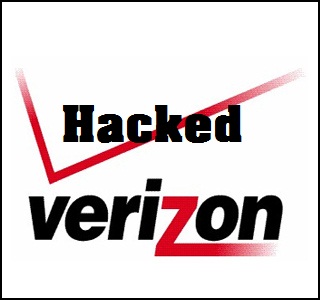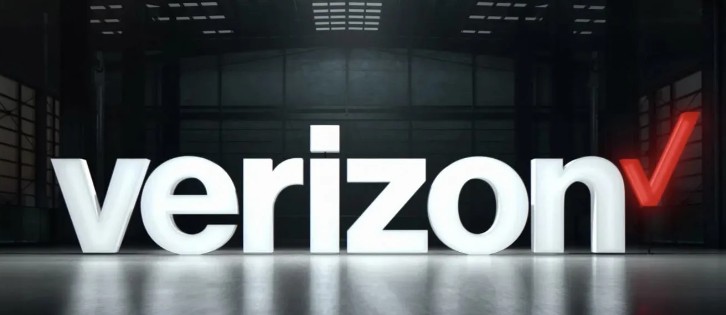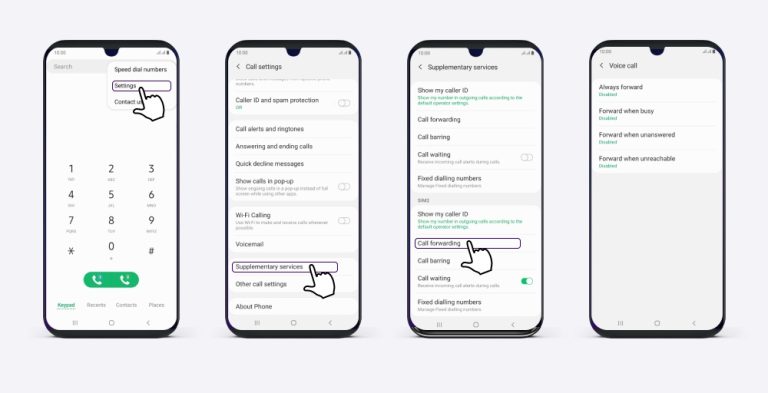Verizon, one of the largest telecommunications companies in the United States, has a long history of providing communication services to millions of customers. However, like many other large corporations, Verizon has also been a target for cyberattacks and data breaches over the years. This article delves into the history of Verizon hacked incidents, examines the recent allegations of Chinese espionage, and discusses the implications for customer data security and national security.
Contents
Past Data Breaches at Verizon
Verizon has experienced several data breaches in the past, exposing sensitive customer information and raising concerns about its security practices. Some notable incidents include:
- 2016: A data breach exposed the personal information of 1.5 million Verizon Enterprise customers. The data was reportedly left accessible on an unsecured Amazon Web Services (AWS) server. [cite: 1]
- 2017: A security flaw in Verizon’s website allowed hackers to access customer account information, including names, addresses, and account PINs. [cite: 2]
- 2019: A misconfigured cloud storage bucket exposed the data of 6 million Verizon customers, including names, phone numbers, and account details. [cite: 3]
- 2022: A phishing attack targeted Verizon employees, potentially compromising customer data. [cite: 4]
These incidents highlight the ongoing challenges faced by telecommunications companies in protecting customer data from cyber threats. While Verizon has taken steps to improve its security posture after each breach, the risk of future incidents remains a concern.

Recent Allegations of Chinese Espionage
In October 2024, reports emerged that Verizon, along with other major US telecom providers like AT&T, had been targeted by a Chinese government-backed hacking group known as “Salt Typhoon.” [cite: 5, 6, 7, 8] The hackers allegedly gained access to internal systems used to process wiretap requests, potentially compromising sensitive surveillance operations and national security.
This incident raises serious concerns about the vulnerability of critical infrastructure to foreign espionage and the potential for sensitive data to be exploited for malicious purposes. The full extent of the breach and its impact are still being investigated, but it underscores the growing threat of state-sponsored cyberattacks and the need for enhanced cybersecurity measures.
Implications for Customer Data Security
The alleged Chinese hacking incident has significant implications for Verizon customers’ data security. While the primary target appears to be the US government’s wiretapping platform, the hackers may have also accessed other sensitive customer data during the breach.
This incident highlights the importance of strong cybersecurity practices for individuals and businesses alike. Customers should be vigilant about protecting their personal information and take steps to secure their online accounts. Verizon, on the other hand, needs to continue investing in robust security measures to prevent future breaches and protect customer data.
Verizon’s Response and Security Measures
Verizon has acknowledged the recent reports of the hacking incident and is cooperating with law enforcement agencies in the investigation. The company has stated that it is committed to protecting customer data and has implemented various security measures to prevent future breaches.
Some of the security measures employed by Verizon include:
- Network security: Implementing firewalls, intrusion detection systems, and other security technologies to protect its network infrastructure.
- Data encryption: Encrypting sensitive data both in transit and at rest to prevent unauthorized access.
- Access controls: Restricting access to sensitive data and systems to authorized personnel only.
- Employee training: Providing cybersecurity awareness training to employees to prevent social engineering and phishing attacks.
- Threat intelligence: Monitoring for and responding to emerging cyber threats.
While these measures can help mitigate the risk of data breaches, they cannot completely eliminate the threat. Cyberattacks are becoming increasingly sophisticated, and companies like Verizon need to remain vigilant and adapt their security strategies to stay ahead of the curve.
The Role of Government and Law Enforcement
The alleged Chinese hacking of Verizon and other telecom providers highlights the need for greater government involvement in cybersecurity. Governments need to work with private sector companies to share threat intelligence, develop cybersecurity standards, and coordinate responses to cyberattacks.
Law enforcement agencies also play a crucial role in investigating cybercrimes and holding perpetrators accountable. International cooperation is essential to combat state-sponsored cyber espionage and ensure that those responsible for these attacks are brought to justice.
Protecting Yourself as a Verizon Customer
While Verizon has a responsibility to protect customer data, individuals can also take steps to enhance their own cybersecurity and minimize the risk of becoming a victim of a data breach. Here are some recommendations:
- Strong passwords: Use strong, unique passwords for all your online accounts, including your Verizon account.
- Two-factor authentication: Enable two-factor authentication whenever possible to add an extra layer of security to your accounts.
- Beware of phishing scams: Be cautious of emails, text messages, or phone calls that ask for your personal information. Verizon will never ask for your password or other sensitive information through these channels.
- Monitor your account activity: Regularly review your Verizon account activity for any suspicious transactions or changes.
- Keep your software updated: Install the latest security updates for your devices and software to protect against known vulnerabilities.
- Use a VPN: Consider using a Virtual Private Network (VPN) to encrypt your internet traffic and protect your privacy online.
The Future of Cybersecurity in Telecommunications
The recent Verizon hacked incident serves as a wake-up call for the telecommunications industry. As our reliance on technology grows, so does the importance of cybersecurity. Telecom companies need to prioritize data security and invest in robust security measures to protect customer information and critical infrastructure.
The future of cybersecurity in telecommunications will likely involve:
- Increased use of artificial intelligence (AI) and machine learning: AI and machine learning can help detect and respond to cyber threats in real-time.
- Enhanced collaboration between government and industry: Sharing threat intelligence and coordinating responses to cyberattacks will be crucial.
- Zero trust security model: Adopting a zero trust approach to security, where every user and device is verified before being granted access to sensitive data.
- Blockchain technology: Utilizing blockchain technology to enhance data security and prevent tampering.
By embracing these advancements and prioritizing cybersecurity, telecommunications companies can better protect customer data and maintain the trust of their users.
Conclusion
The history of Verizon hacked incidents, including the recent allegations of Chinese espionage, highlights the ongoing challenges in cybersecurity. While Verizon has taken steps to improve its security posture, the risk of future breaches remains. Customers need to be vigilant about protecting their personal information, and Verizon needs to continue investing in robust security measures to safeguard customer data and critical infrastructure.
The alleged Chinese hacking incident serves as a reminder that cybersecurity is a shared responsibility. Governments, law enforcement agencies, and private sector companies need to work together to combat cyber threats and protect our digital world. By prioritizing cybersecurity and embracing new technologies, we can create a more secure and resilient online environment for everyone.
Sources and related content







